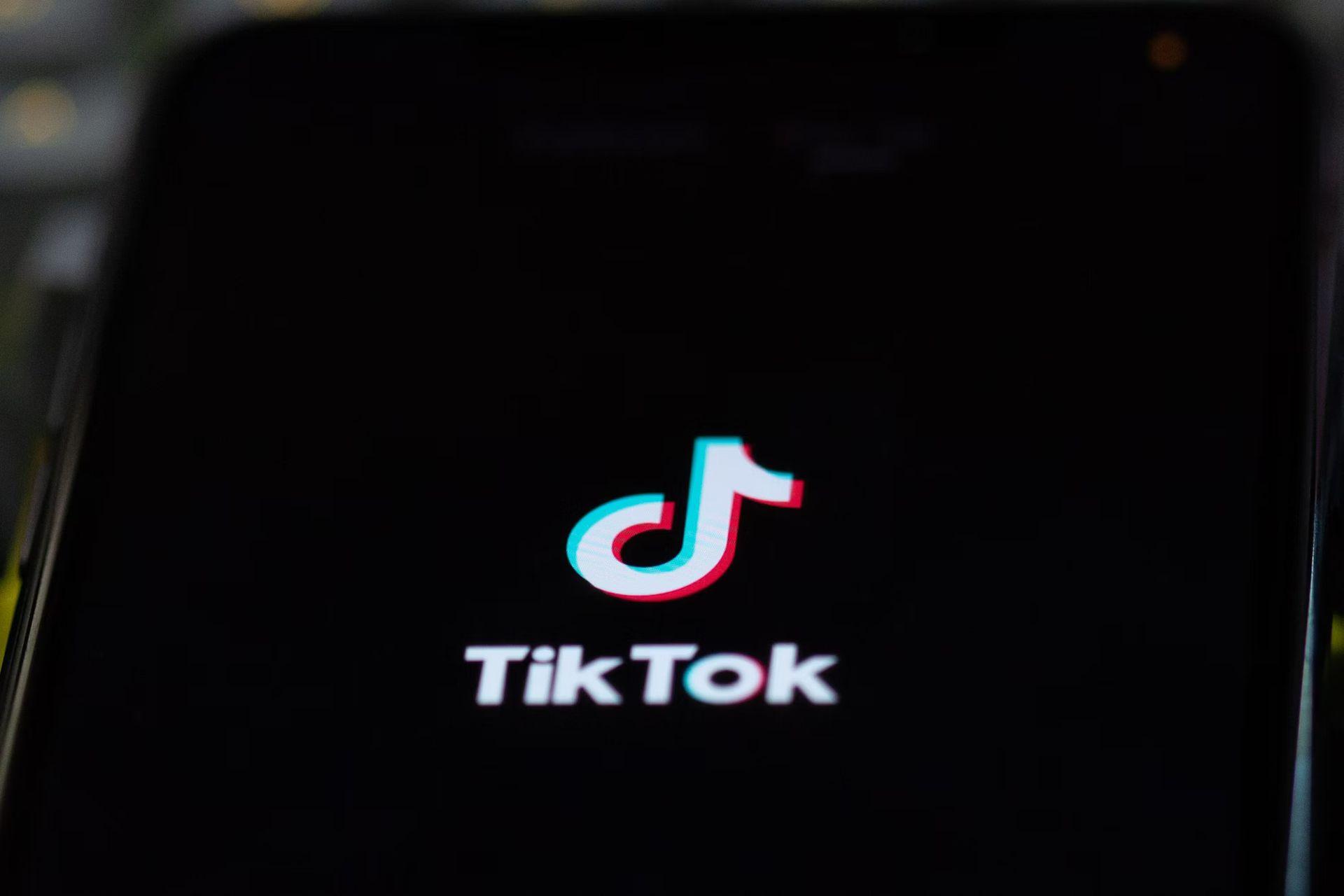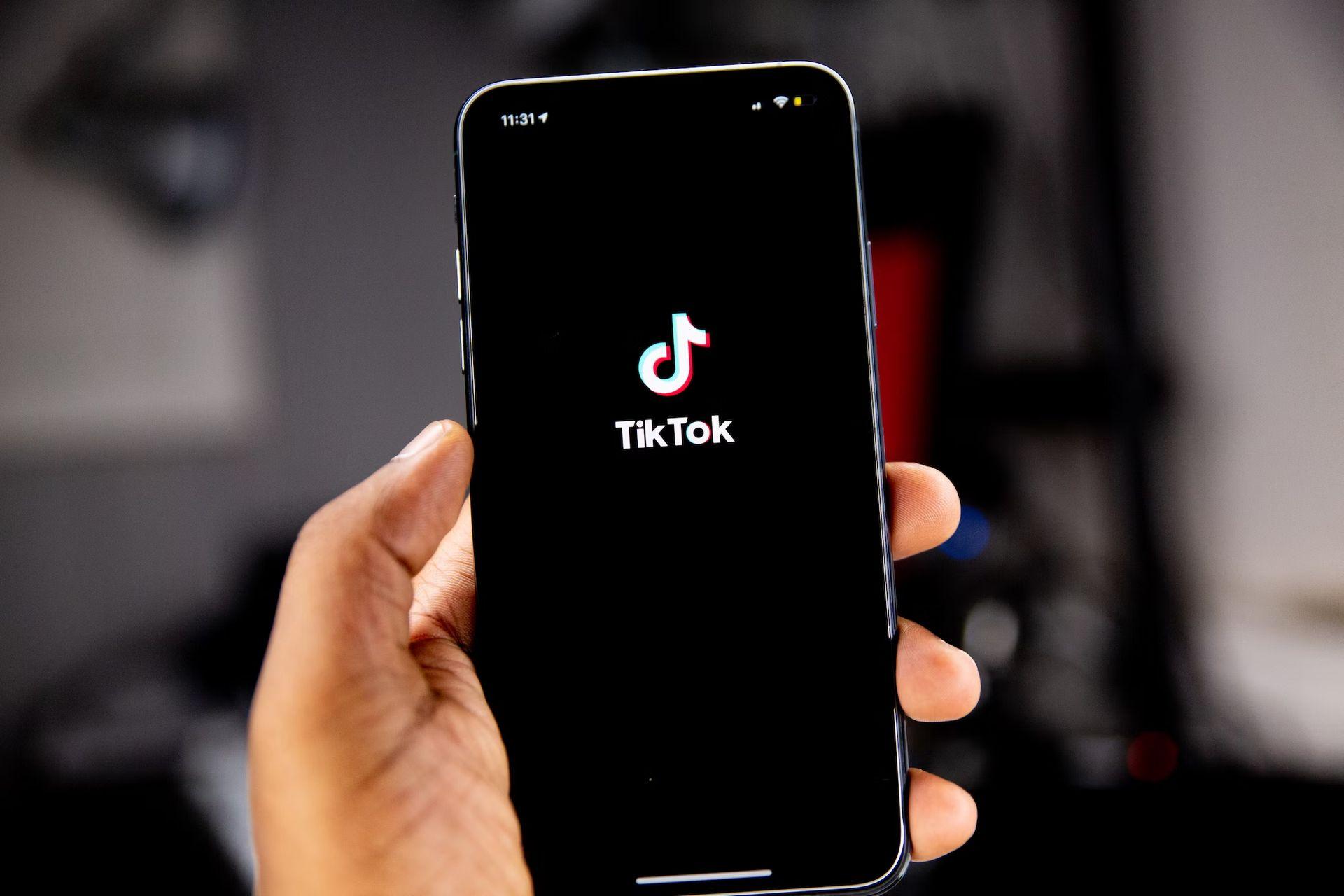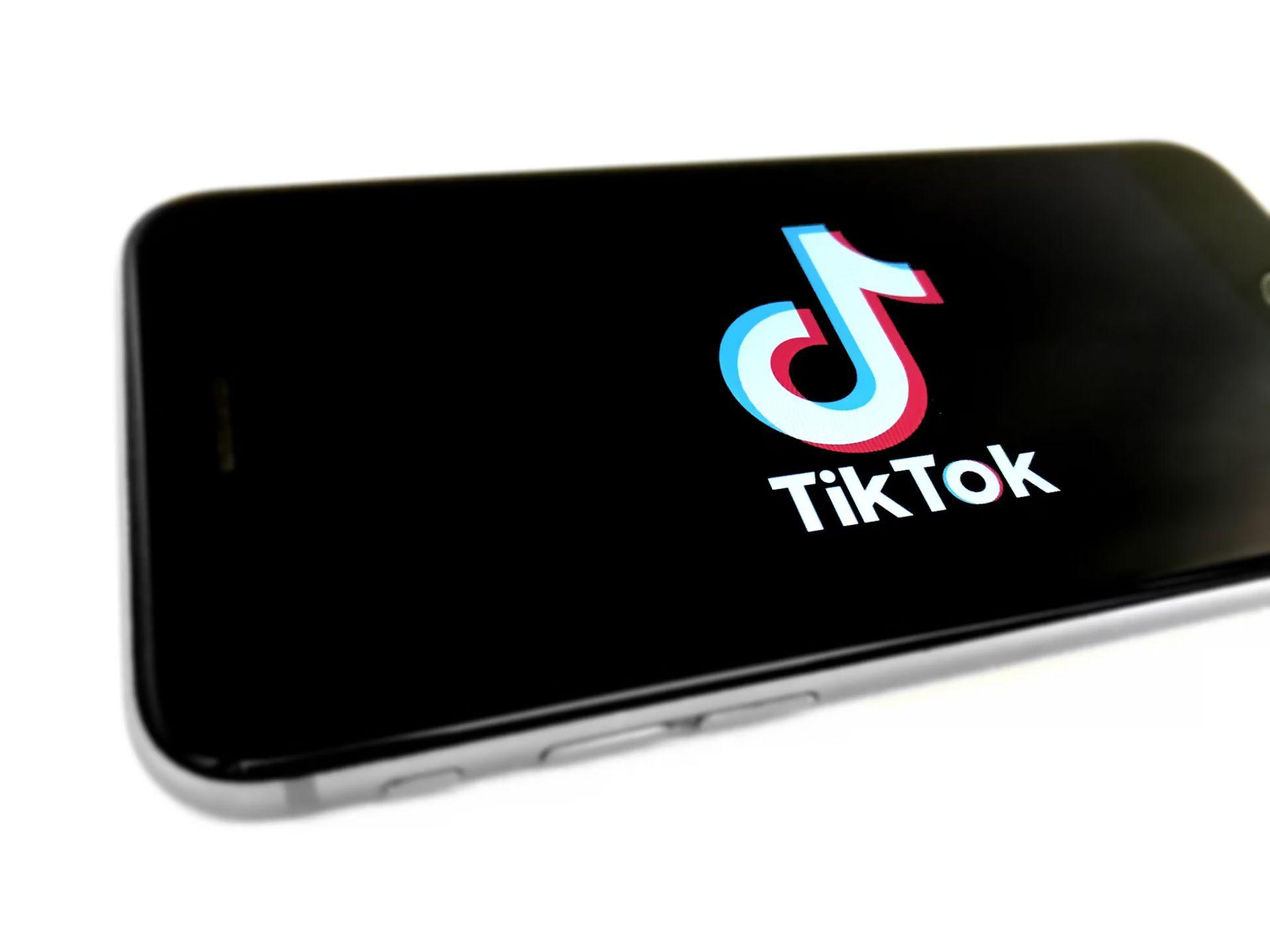Really, is TikTok Shop safe? This question becomes increasingly relevant, particularly after its expansion to the United States in August 2023. TikTok Shop is not just a feature; it’s a fully integrated solution that transforms the way brands and creators interact with the TikTok community. It offers a suite of tools including live shopping events, engaging product showcases, and shoppable videos.
Is TikTok Shop safe?
Yet, amidst this innovation, skepticism lingers. The seamless integration of commerce into content creation on TikTok Shop presents an intriguing proposition, but it begs the question: Is it as beneficial as it seems, or is there a catch? Since its U.S. launch, creators in various regions, including the UK and Indonesia, have been exploring TikTok Shop as a potential revenue stream.
This development prompts a deeper investigation into the platform’s safety and authenticity, dissecting whether TikTok Shop is a groundbreaking tool for digital commerce or a masked pitfall in the world of online scams.

Are TikTok shops legit?
TikTok’s approach to managing its TikTok Shop involves a thorough vetting process for merchants before they go live, ensuring compliance with guidelines designed to prohibit deceptive content. This commitment to authenticity aligns well with the question “Is TikTok Shop safe?” The platform’s privacy policy outlines how it collects data to facilitate the shopping experience, including the purchase and delivery processes.
However, it’s worth noting that TikTok outsources payment processing to third-party services like PayPal and Stripe, both known for their robust encryption methods to secure financial data. TikTok maintains that it does not retain customer personal information post-purchase.
Yet, caution is still advised. The majority of TikTok Shop’s traffic comes from the realms of food, fashion, and makeup. A notable success story is Cariad Ryan, the face behind the brand Poise, which has emerged as a top revenue generator on TikTok Shop. Her experience, shared under her handle @cariad_ryan, paints a positive picture, with Cariad likening TikTok Shop to “being on FaceTime to your best friends.”
However, the platform’s reliability is not universal. Deena Cosmetic Inc. offers a contrasting narrative. Deena released a video on June 29, 2023, alleging that TikTok owes her $1,000 from sales made through the Shop. “Listen up if you have a TikTok Shop… TikTok Shop is scamming,” Deena warned, cautioning small business owners about potential issues with the platform. This divergence in experiences adds complexity to the ongoing discussion surrounding TikTok Shop’s safety and reliability.
Is TikTok Shop safe for buyers?
When we explore the safety of TikTok Shop for buyers, we find a mixed bag of experiences. Many users have successfully purchased products, yet there are instances that highlight potential risks. Indiana’s Becky Entrican, as reported by The Washington Post, represents a cautionary tale. She ordered a t-shirt from a TikTok seller in February 2023 but had not received it six months later, as of August 16, 2023. This experience has understandably made her wary. “I feel like I’m pretty good at recognizing scams normally,” Becky remarked. “But I haven’t bought anything through TikTok since then.”

These varied experiences contribute to the ongoing debate around the question “Is TikTok Shop safe?” While many transactions are completed without a hitch, stories like Becky’s underscore the need for vigilance when engaging in online shopping, particularly on newer platforms like TikTok Shop.
TikTok Shop scams are creating concern among users
The question “Is TikTok Shop safe?” extends beyond just buyers and sellers, touching on legal compliance as well. Numerous TikTok Shop accounts have been shut down due to violations of guidelines related to copyright, intellectual property, and counterfeit products. This crackdown reflects TikTok’s efforts to maintain a legal and ethical shopping environment.
A user shared their experience, saying, “TikTok users are waking up today to find out that their account has been suspended and all of the funds they’ve made in X amount of days has also been suspended.” This highlights the platform’s stringent enforcement of U.S. copyright laws, which some users have overlooked.
Infringements have been noted in several forms. Some sellers have been creating products featuring copyrighted materials, like Disney characters, without proper authorization. Additionally, there have been instances of users engaging in ‘dropshipping’ counterfeit items, purchasing patented products at wholesale and selling them directly to customers. These practices not only jeopardize the integrity of TikTok Shop but also raise legal concerns, further complicating the narrative around its safety and legitimacy.
@joeycontino2 11/22 Tiktok Shop Shuts Thousands of Tiktok Shops #tiktok #tiktokshop #shutdown
How is TikTok Shop monetized?
Exploring how TikTok Shop is monetized reveals insights into the platform’s business model and its impact on consumer behavior. TikTok Shop generates revenue by taking a percentage of sales from merchants. This model aligns TikTok’s interests with driving purchases within the app, encouraging users to spend more. The company is not resting on its laurels either.
A report by The Wall Street Journal last month indicated plans for further expansion with the introduction of the TikTok Shop Shopping Center. The Atlantic weighed in on this development, suggesting that “TikTok’s turn to e-commerce, in theory, has the potential to be massive, capable of competing with the likes of Amazon.”
How to avoid scams of TikTok shop?
However, with great convenience comes greater responsibility, especially when it comes to avoiding scams on TikTok Shop. The platform’s user interface is designed for seamless shopping, enabling purchases with just a few clicks. This simplicity, while appealing, reduces the ‘pain of paying,’ a concept in behavioral economics that relates to the discomfort experienced when parting with money. This natural deterrent plays a crucial role in regulating impulsive buying tendencies. When this discomfort is diminished – for example, after watching several convincing product videos with an easy purchase option readily available – the tendency for self-regulation weakens.

The streamlined shopping experience on TikTok Shop can lead to hasty decisions, where users may not invest time in reading reviews or exploring cost-saving opportunities. This ease of purchase can open doors to potential overspending or less informed spending decisions. To counteract this, we recommend a more measured approach. Even though TikTok Shop offers convenience, it might lead to missing out on discounts and special offers available through other vendors online.
Before making impulsive purchases on TikTok Shop, consider pausing and asking yourself two critical questions:
- Is this item essential for me?
- Could I find this product or a similar one on a more reliable platform, potentially with better offers?
Reflecting on these questions can provide valuable guidance, helping to navigate the alluring yet potentially deceptive world of TikTok Shop.
TikTok banned in Nepal: Here is why
The future of e-commerce
In light of the recent developments in e-commerce, particularly with TikTok Shop’s entrance, the future of online shopping is poised for a significant shift. This new chapter in e-commerce is characterized not just by buying and selling but by the integration of social media dynamics, reshaping how consumers interact with brands and products. As these platforms become shopping destinations, they challenge traditional e-commerce models, introducing a blend of social engagement with commercial activity.
In the coming years, we can anticipate a further blurring of lines between social networking and e-commerce. This integration promises a more immersive and tailored shopping experience, driven by advanced technologies like AI. However, it also calls for a heightened sense of responsibility among platforms, vendors, and consumers alike. Just, don’t forget to avoid TikTok scams, please.
Featured image credit: Kerem Gülen/Midjourney





